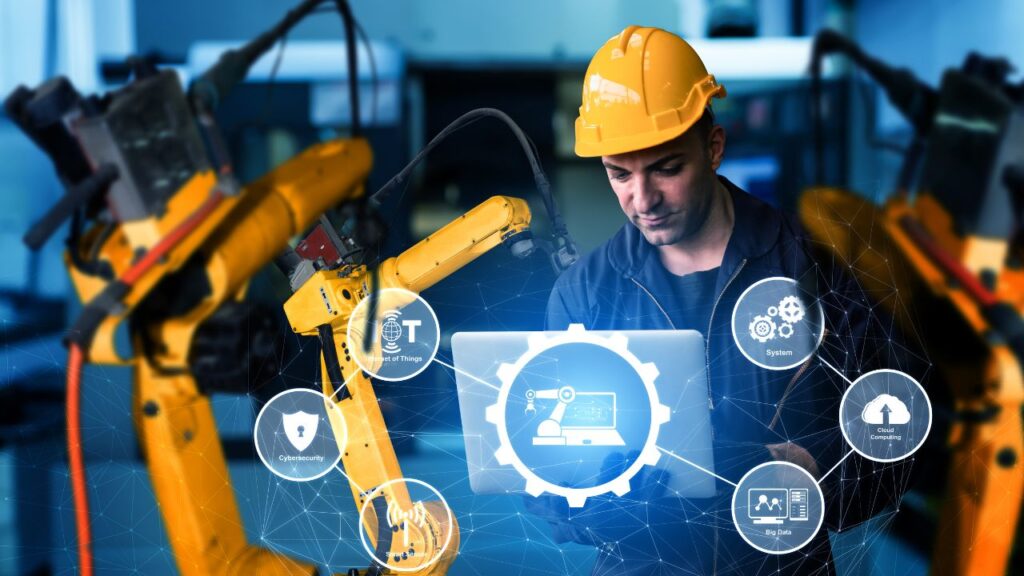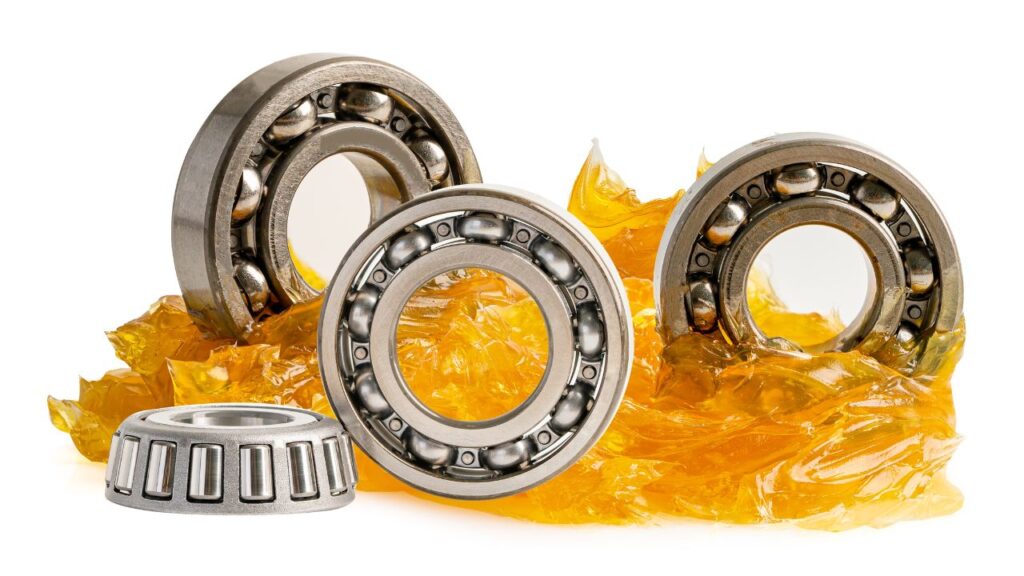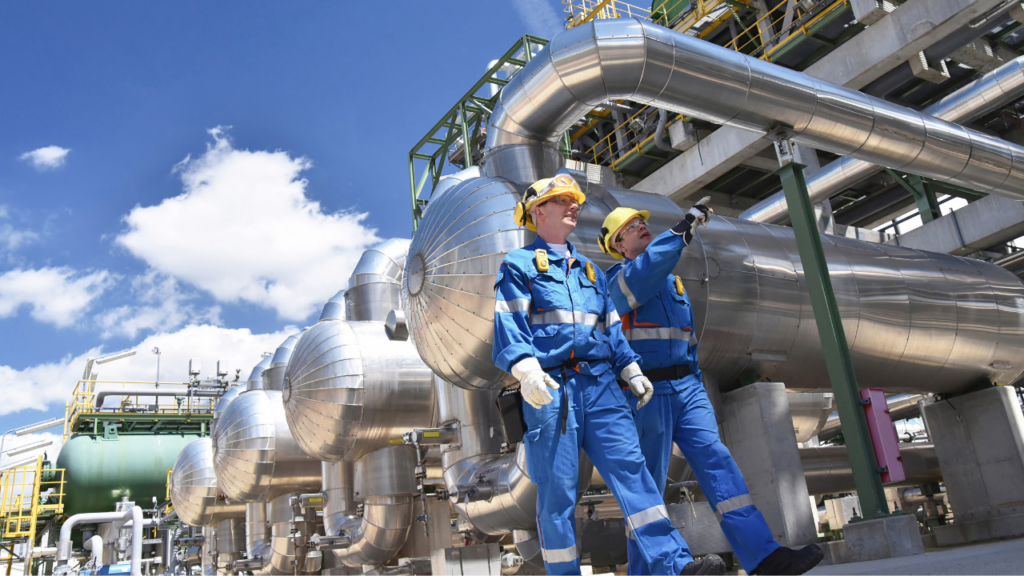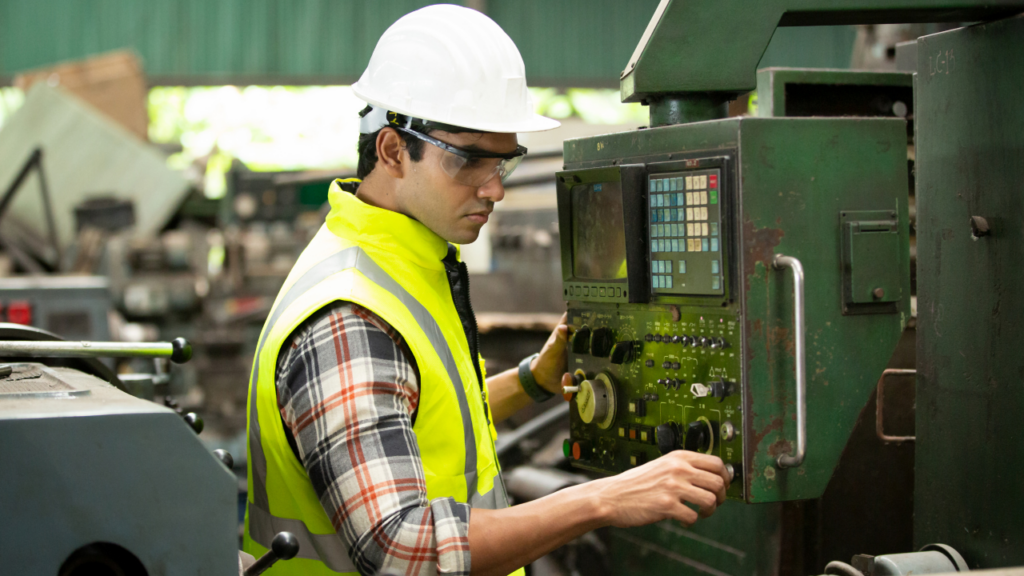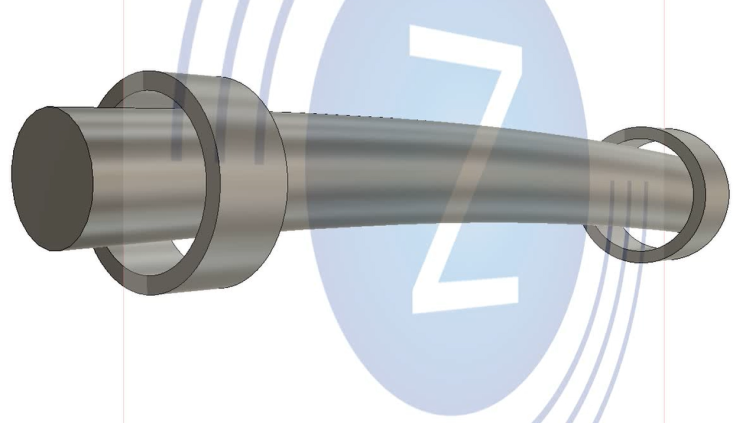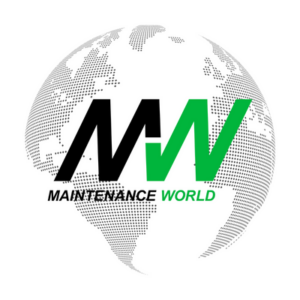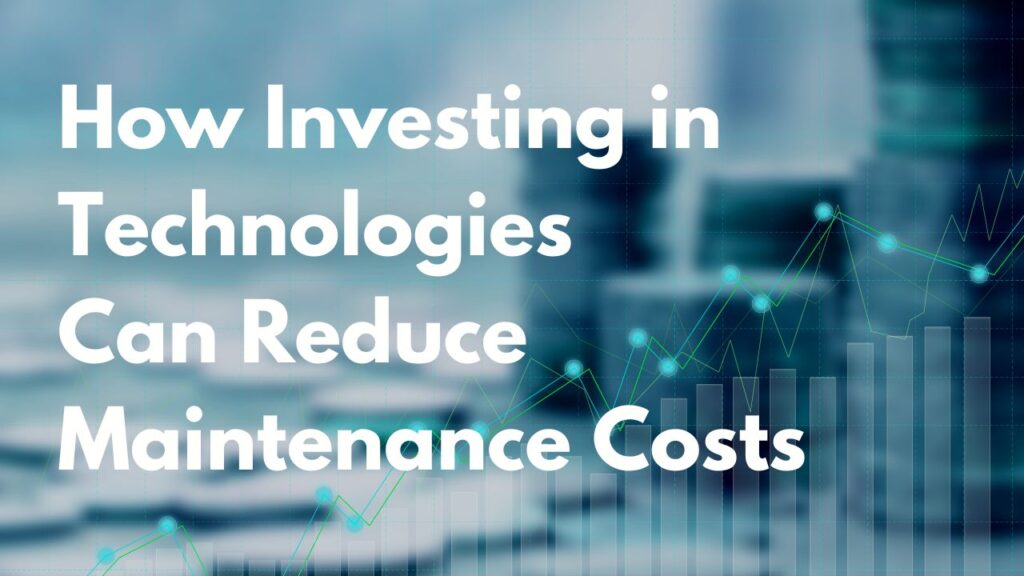
Spending Money to Save Money – How Investing in Technologies Can Reduce Maintenance Costs
The high cost of maintaining physical assets can strain any business, inflating operational costs and narrowing profit margins. However, you can’t have a successful business without proper working equipment. The only solution is to manage maintenance activities and expenses as efficiently as possible.

